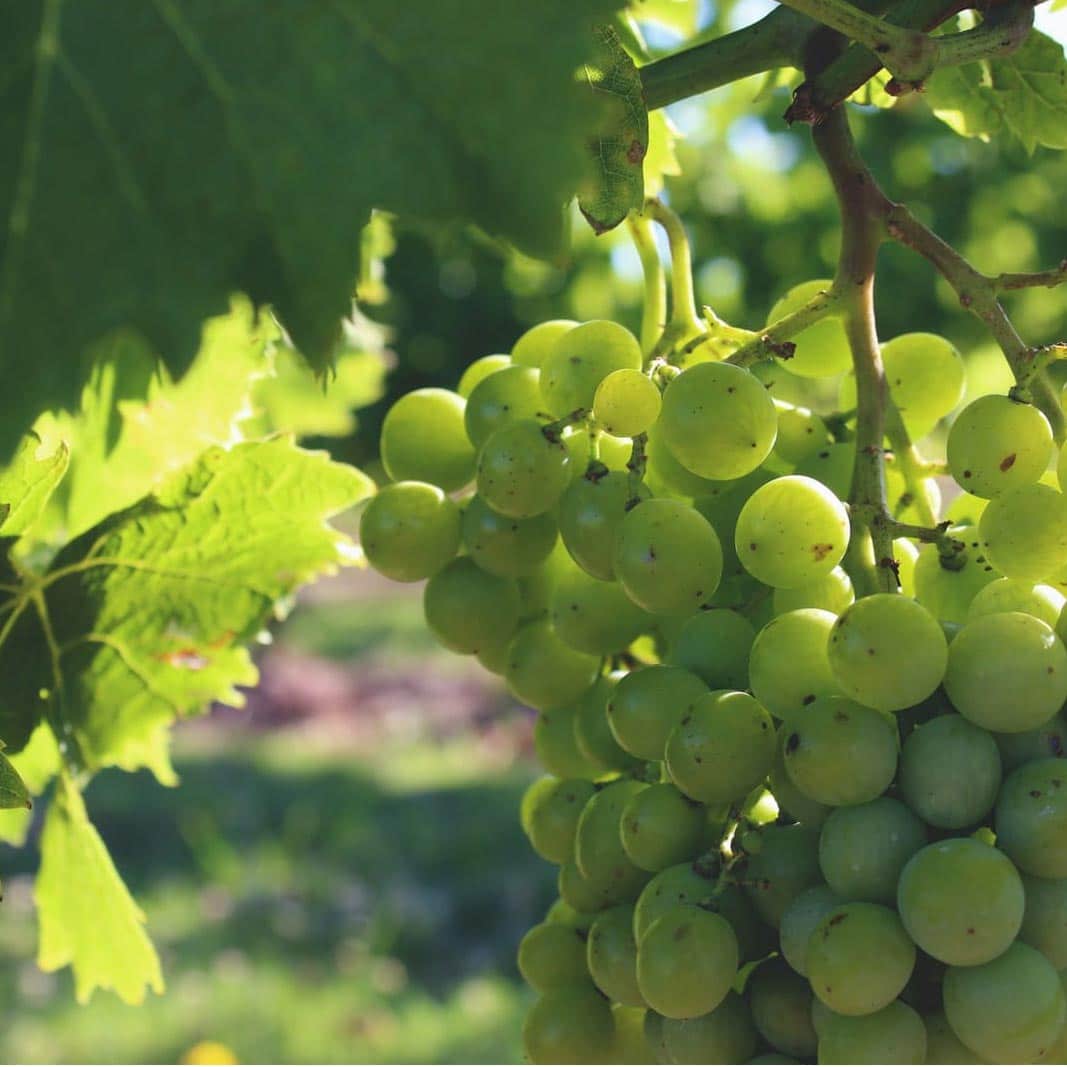VERJUS, THE NEW TREND TO REPLACE LEMON JUICE

What is verjus?
Verjus is green grape juice picked before maturity. It is the result of the early pressing of the grapes in order to obtain an acid juice approaching lemon . It is intended to replace lemon juice in various preparations both in cooking and in mixology. The harvest of green grapes is generally done around July, when the bunches of grapes are in full ripening and the sugar has not yet reached the grapes thanks to the summer heat.
His origin
In the Middle Ages, verjuice was used mainly in cooking, its acidity known to facilitate the digestion of food and calm heartburn, was present in more than 40% of French dishes. The lemon was reserved for an elite capable of providing itself with rare citrus fruits, while the verjuice was more popular and accessible to carry rows of vines.
Verjuice could also be prepared from the juice of plants such as sorrel or parsley, wheat leaves or even vine buds. In the 17th century, with the democratization of lemon and the evolution of tastes, verjus was gradually replaced by bitter orange or lemon juice with a more exotic taste.
Where is it produced?
The main verjus-producing regions in France are Périgord, the Cognac vineyard and Burgundy . In Charente few producers have launched themselves into the verjus niche, the Domaine Castel-Sablon and Bourgoin produce their own verjus. A rare product best known among catering professionals and cocktail bars, but still unknown to the general public.
An eco-friendly alternative to lemon
Today, verjus is once again on the rise, it convinces with its undeniable taste qualities, but also for its low environmental impact :
- Its origin is local, compared to the importation of lemons most often from Spain.
- Access to this juice in circuit runs directly from the producers.
- A seasonal and controlled production.
- A product resulting from ancestral know-how that is fully part of French culture.
The use nowadays
In 2021, its use in the kitchen is very extensive, in vinaigrette, to accompany seafood, fish and meat, sauces, deglazing… Its acidity can equal the ph of lemon, i.e. 2.5 ph. It makes it possible to reproduce a so-called “dry” or “dry” acidity while providing light fruit aromas, notes of candied fruit and oxidation. It is now used in cocktail bars to replace lemon and bring new taste experiences to classic cocktail recipes.
The verjus in a cocktail
In recent years, verjus has made a brilliant comeback with bartenders and mixologists. Its local origin and its organoleptic qualities make it a product of choice for making cocktails. Another very important point for cocktail bars and home cocktail lovers is the preservation of the product. It can actually be used in most classic cocktail recipes, however there is no question of no longer using lemon which brings a different experience and rich in essential oil desired in certain cocktails such as Daiquiri or Mojito.
Once opened, a bottle of pasteurized verjuice can be consumed within 3 weeks in the refrigerator , compared to a cut lemon or a bottle of fresh lemon juice which loses its organoleptic qualities after 3 – 4 days.
In the AIRMAIL COCKTAIL range of cocktails, verjus is used to enhance regional products and also not to add acidifiers or preservatives such as citric or ascorbic acid. Its potential for aging in the bottle due to its transparency will, like a vermouth or a white wine, develop aromas of nuts such as walnuts, notes of rancio as well as a length in the mouth. This acidity similar to vinegar also allows the maintenance of the organoleptic qualities and added to the spirit, the conservation of the cocktail.
Cocktail recipes with verjus
3 AIRMAIL COCKTAIL recipes with verjus: Peach Tea , Joséphine and 1828
3 classic cocktail recipes with lemon juice to replace with verjus: Maï Taï, Sidecar and Daïquiri
Alcohol-free with verjus
We reveal the recipe for a homemade iced tea based on verjus, fresh and fruity for a family tasting.
For 1 liter:
- In 800ml of water, cold infuse overnight, a bag of peach green tea
- The next day, add 150ml of verjus and 80ml of peach syrup
- Store in the fridge and serve chilled
Good tasting !
